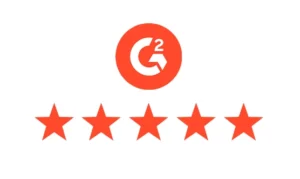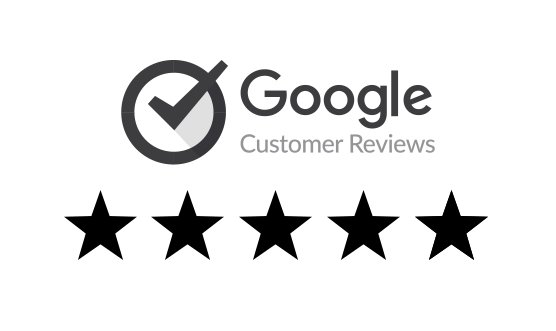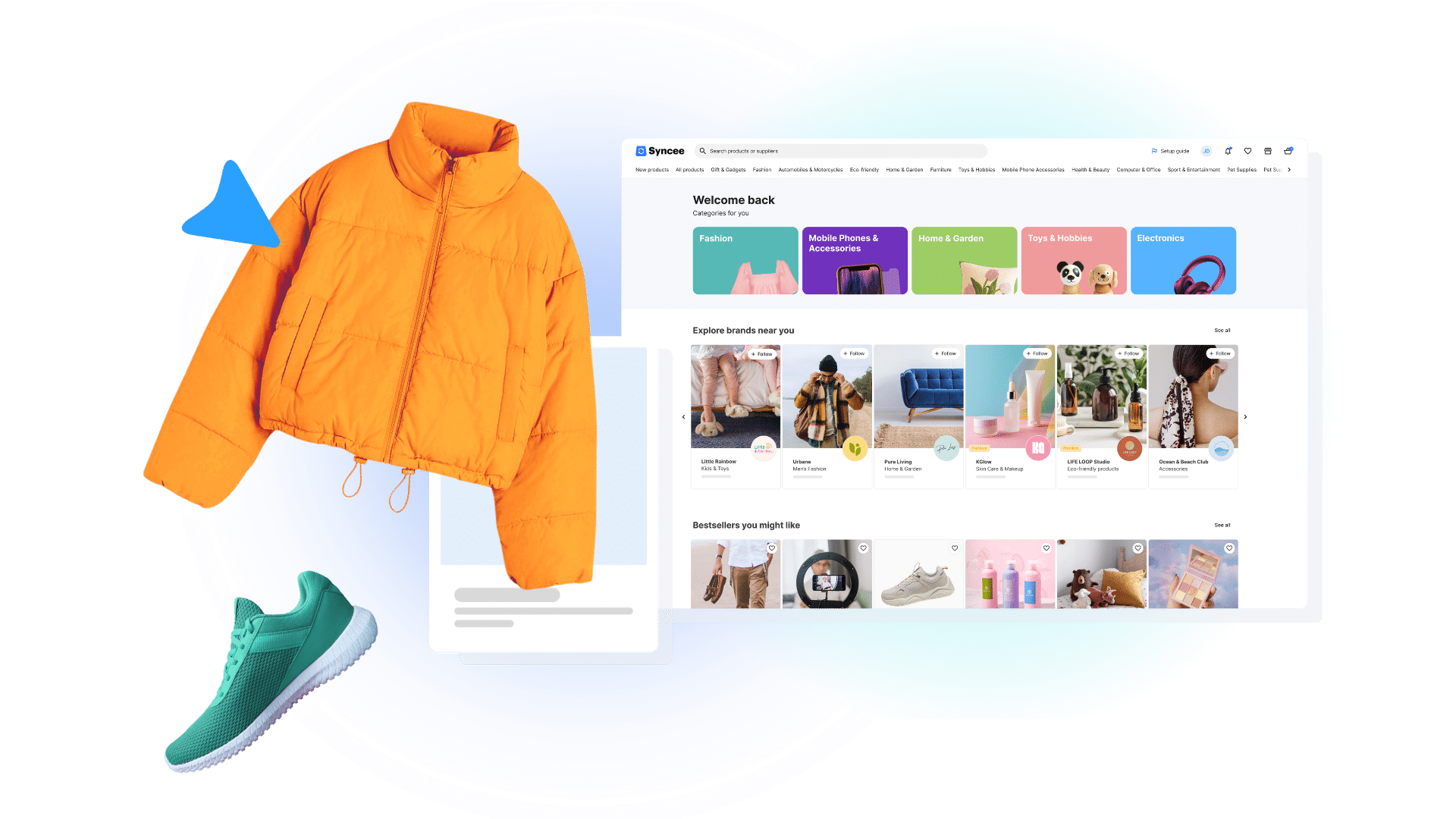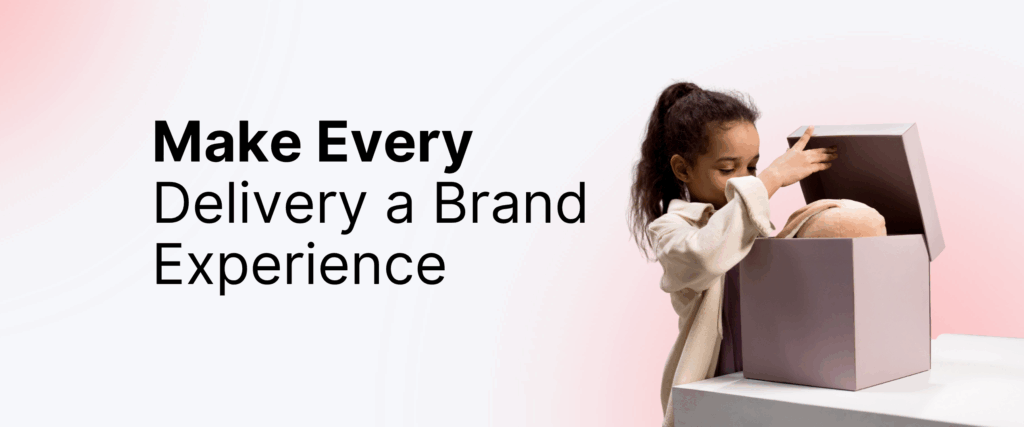Starting a dropshipping business can seem easy on the surface—but building a sustainable, profitable store takes strategy, attention to detail, and a lot of trial and error. Unfortunately, many entrepreneurs fall into the same traps early on. In this article, we’ll explore the most common dropshipping mistakes and how to avoid them.
By understanding these pitfalls, you’ll be better equipped to make informed decisions that protect your profit margins, improve customer satisfaction, and streamline operations. Whether you’re just starting or scaling, knowing what not to do is just as valuable as knowing what to do.
Tips for Trend Validation
In the fast-paced world of ecommerce, selling what’s trending today might mean nothing tomorrow. That’s why one of the most overlooked but vital steps is proper trend validation. Using tools like Google Trends, TikTok keyword search, or Semrush helps you spot not only what’s popular, but what has staying power. Don’t just rely on what’s going viral—research how search interest is growing, seasonal demand fluctuations, and competitor saturation. Trend validation protects you from investing time and ad budget into products that fizzle out fast.

Vet for Speed & Quality
Your supplier’s performance is your brand’s reputation. No matter how beautiful your store looks or how effective your marketing is, if the product arrives late, broken, or poorly packaged, you’ll lose customers. Always vet suppliers before fully launching products. Order test items and evaluate: shipping speed, package condition, product accuracy, and customer service response time. Platforms like Syncee allows you to choose suppliers based on location, processing time, and product ratings—so you can find reliable partners from the start.
Factor in All Costs
It’s tempting to mark up your product 2-3x and call it a day—but oversimplifying your pricing strategy can hurt profitability. Consider shipping fees, transaction costs, platform commissions, custom duties, and return rates when calculating margins. Don’t forget your ad costs either: a high product margin means little if you’re overspending to acquire each customer. Using pricing rules in Syncee can help set your price margin as a percentage or fixed amount, while you can also set different prices by groups of collections. Not to mention that Syncee allows you to set rounding rules for your cost prices.

Diversify Your Channels
A diversified traffic strategy is one of the most powerful safeguards in ecommerce. Relying solely on TikTok or Facebook Ads is risky—algorithms change, and ad costs fluctuate. Diversify your efforts across organic SEO, email marketing, Pinterest pins, YouTube Shorts, influencer collaborations, and content marketing. Track each channel’s performance regularly and double down on the ones yielding the highest ROI. Brands that thrive long-term build an omnichannel presence to stay discoverable and resilient.
Why Beginners Often Repeat These Mistakes
Many of the common dropshipping mistakes new store owners make stem from impatience or lack of research. In the rush to start earning, store owners overlook the foundational steps that ensure long-term success.
Platforms like Syncee help eliminate many of these risks. Their built-in supplier verification, pricing tools, and product insights give beginners an edge when navigating the waves of change in ecommerce.
As your store grows, the mistakes change. Issues can block your path.

15 Common Dropshipping Mistakes in 2025
Before diving into the world of dropshipping, it’s essential to understand the common pitfalls that can hinder your success from the beginning. Many issues arise not during operations, but during setup—like skipping product research or rushing to choose suppliers. By identifying these mistakes early, you can build a more resilient and profitable business from day one.
1. Underestimating Product Research
Many newcomers choose products based on gut feeling or what looks cool on TikTok. However, successful dropshipping is built on data.
2. Choosing the Wrong Suppliers
Reliable suppliers are the backbone of your dropshipping business. Partnering with low-quality or slow suppliers can ruin your reputation fast.
3. Poor Pricing Strategy
One of the most common dropshipping mistakes is pricing products too low or too high without a clear structure.
4. Not Defining a Target Audience
Trying to sell to everyone usually results in selling to no one. Your brand needs a clear identity that resonates with a specific group.
Define your ideal customer: their age, interests, problems, and where they hang out online. Tailor your product selection, store design, and marketing accordingly.
5. Neglecting Customer Service
Even in dropshipping, great customer service is non-negotiable. Delayed responses or unhelpful replies can lead to negative reviews and lost sales.
Use email automation, FAQ pages, and live chat widgets. Communicate shipping delays transparently and always offer tracking.
6. Ignoring Marketing Strategy
Even if you’ve chosen the perfect product, it won’t sell without visibility. You need marketing. Many dropshippers make the mistake of relying too heavily on one traffic source (like TikTok or Meta Ads).
7. Failing to Optimize for Mobile
More than 70% of ecommerce traffic comes from mobile. A desktop-only store design kills your conversions instantly.
8. Not Analyzing Customer Lifetime Value
Focusing only on one-time purchases means you miss the bigger picture. Customer Lifetime Value (CLV) tells you how much a shopper is likely to spend during their relationship with your store. If you ignore this, you might waste marketing spend chasing new customers instead of nurturing high-value repeat ones. Understanding CLV helps you create better loyalty programs, set smarter acquisition costs, and forecast revenue more accurately.
9. Failing to Test Upsells and Cross-sells
If you’re not offering upsells (like a premium version of a product) or cross-sells (complementary items), you’re leaving money on the table. Testing various combinations can significantly increase your average order value (AOV). For example, if someone buys a skincare serum, offer a matching toner or face roller. Smart upselling and bundling strategies can help maximize revenue per visitor.
10. Poor Inventory Syncing and Fulfillment Workflows
Inventory issues can destroy customer trust. Without automated syncing between your supplier and store, you risk selling out-of-stock items. Delayed fulfillment or order mix-ups cause negative reviews and refund requests. Use platforms like Syncee to automate product data, availability, and shipping updates—ensuring smooth and reliable operations from click to delivery.
11. Ignoring Data-driven A/B Testing
Guessing which product page or ad copy works best is risky. A/B testing lets you compare two versions of content (like titles, images, CTAs) to see which performs better. Without regular tests, you can’t optimize for higher conversion rates. Tools like Google Optimize or built-in Shopify apps make it easy to run tests and let data, not assumptions, drive your decisions.
12. Relying Too Heavily on Viral Trends
Chasing every viral TikTok product might spike traffic temporarily—but it’s not sustainable. While trends can offer quick wins, relying on them without a brand strategy leads to inconsistency and burnout. Build a product catalog with long-term value and back it up with social proof, SEO, and email retention. A balanced mix of trendy and evergreen products is key.
13. Using Outdated Themes Not Optimized for Conversion
Old or clunky store designs can hurt trust and conversion. If your Shopify or WooCommerce theme, or any platform you use, isn’t mobile-friendly, fast-loading, or optimized for modern UX, shoppers will bounce. Update to a theme that supports quick navigation, clear CTAs, and an easy checkout process. High-converting stores look modern, polished, and are lightning-fast.
14. Overlooking Post-purchase Experience
The sale doesn’t end at checkout. Great ecommerce brands nurture customers after the purchase—through thank-you emails, helpful how-to guides, or loyalty points. Post-purchase flows reduce buyer’s remorse, increase retention, and open doors for reviews, upsells, and referrals. Neglecting this phase can cost you repeat business and brand loyalty.
15. Not Leveraging AI Tools for Marketing and Analytics
Artificial intelligence can supercharge your growth. From AI-driven email automation to chatbots, predictive analytics, and ad optimization, ignoring these tools is a missed opportunity. Platforms like Syncee, Klaviyo, and Google Analytics now offer AI features to help you identify trends, personalize experiences, and make data-backed decisions faster and more efficiently.
Staying competitive means constantly iterating. Learn from past mistakes—and those of others—to build smarter, faster, and more scalable dropshipping businesses.
How to Spot & Fix Mistakes Early
You don’t need to wait for disaster to strike. Track the following metrics weekly:
- Cart abandonment rate
- Shipping time complaints
- Refund percentage
- Ad spend ROI
When you spot inconsistencies or drops in performance, investigate root causes and act quickly.
Tool to Avoid Dropshipping Mistakes
Using modern tools can save hours of manual work and prevent errors. Tools like Syncee give you:
- Automated product performance data
- Reliable supplier network
- Built-in profit margin settings
- Automated order sync and inventory updates
This removes many manual touchpoints that cause common dropshipping mistakes—especially among those just starting out.
Ideas on Products to Sell
Avoiding mistakes isn’t just about fixing problems—it’s also about selling the right products from the right suppliers. If you’re not sure where to start, here are some trending product types that offer low risk and high potential when sourced through Syncee.
One of the most effective ways to avoid common dropshipping mistakes is by choosing products that are already aligned with current customer demand, supplier reliability, and long-term niche potential. This doesn’t just prevent issues—it actively positions your store for success.
If you’re unsure where to begin, consider trending products that have built-in emotional value, repeat purchase potential, and wide market appeal. For example, Labubu designer toys have taken off globally thanks to their collectible, limited-edition nature and viral presence on social media. They’re not only appealing to niche collectors but are perfect for driving impulse purchases in themed stores. On a different note, bakuchiol-based skincare products are gaining popularity as natural alternatives to retinol, offering gentle anti-aging solutions for sensitive skin—ideal for clean beauty-focused audiences. Dropshipping bakuchiol serum is particularly promising, as it combines search demand with clear functional benefits.
Another strong niche to explore is the baby product category. This space remains evergreen with consistent demand. From organic baby clothing to diaper bags and nursery décor, these products are often bought with care and emotional attachment, making quality and trust even more important. Selling baby products also fosters high customer retention as families return for the next stage of their child’s growth.

If you’re looking for something fashionable yet profitable, dropshipping shoes and accessories can also be a great move—especially when you test fast-moving styles like minimalist sneakers or seasonal items such as tote bags and sandals. When sourced from reliable Syncee suppliers, even fashion becomes a lower-risk, scalable opportunity.
Choosing the right product category sets the tone for your entire business. It impacts how easily you can attract customers, how much you spend on returns or refunds, and whether you’re building a long-term brand or just chasing trends. That’s why selecting proven products from trusted Syncee suppliers is more than a starting point—it’s a foundational move toward avoiding the most costly and common dropshipping mistakes.
Final Thoughts
The road to success in ecommerce isn’t a straight line. Mistakes will happen—but knowing the most common dropshipping mistakes and how to avoid them can give you a huge head start.
Use reliable tools like Syncee, study your niche, and build systems that reduce risk. Dropshipping is still one of the most flexible ways to build an online business—if you learn from the past and stay agile for the future.
Frequently Asked Questions
What are the most common dropshipping mistakes?
The most common dropshipping mistakes beginners make include choosing poor suppliers, failing to define their audience, underpricing products, and neglecting mobile optimization.
Why do 90% of dropshippers fail?
Many beginners jump into dropshipping without a strategy, eager to launch quickly without understanding fulfillment, costs, or customer expectations.
How can I avoid common dropshipping mistakes as a new seller?
Do thorough product research, use reliable tools like Syncee, vet suppliers carefully, and plan your pricing and marketing before launch.














